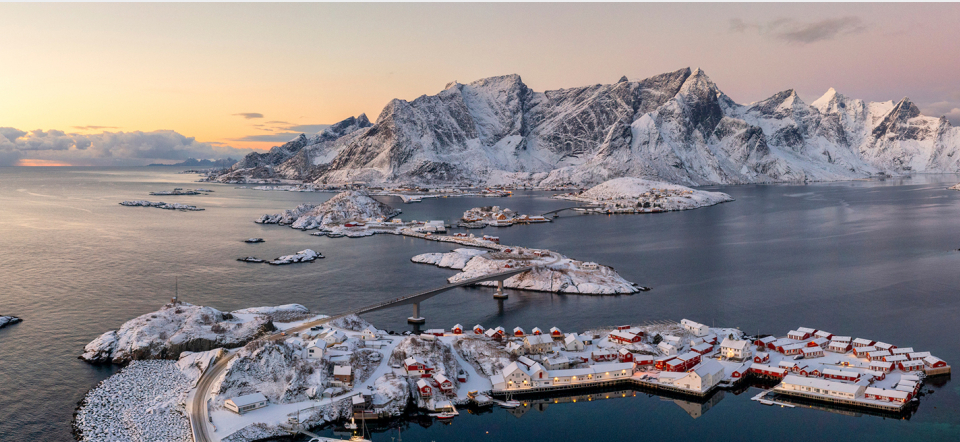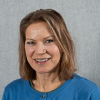- Call Deadline: 28 November 2024, 13:00 (CET /Oslo time)
- Available Budget for Nordic partners: Up to NOK 200 million
- Amount of funding that may be sought to Nordic partners in a project: 18-24 million NOK
- Amount that may be sought to US partners in a project: Dependent on specific program guidelines
- Amount that may be sought to Canadian partners in a project: 2.5-4 million CAD
- Duration: 3-4 years
Please note that NordForsk may make changes to the call text until 6 weeks before the deadline. Any such changes will be stated clearly.
This second stage of the two stage call is announced as a collaborative effort between Research Council of Norway, Research Council of Finland, Independent Research Fund Denmark, Research Council Faroe Islands, Swedish Research Council (VR) and Swedish Research Council for Sustainable Development (Formas), Greenland Research Council, Icelandic Centre for Research with funding from the Ministry of Higher Education, Science and Innovation, National Science Foundation (USA), Canada Research Coordinating Committee (Canada), and NordForsk.
Invited applicants can submit proposals for research projects within the framework of the call.
Please note that project leaders and project partners from USA and Canada need to ensure that proposals fulfil the national eligibility criteria from the respective research funding organisation (National Science Foundation (NSF), USA or the New Frontiers in Research Fund (NFRF), Canada), see Annex 1. These come in addition to the general eligibility criteria described below and that apply to all applicants. Applicants from USA and Canada are required to contact their national contact points and advised to do so in the early phases of the proposal preparations.

